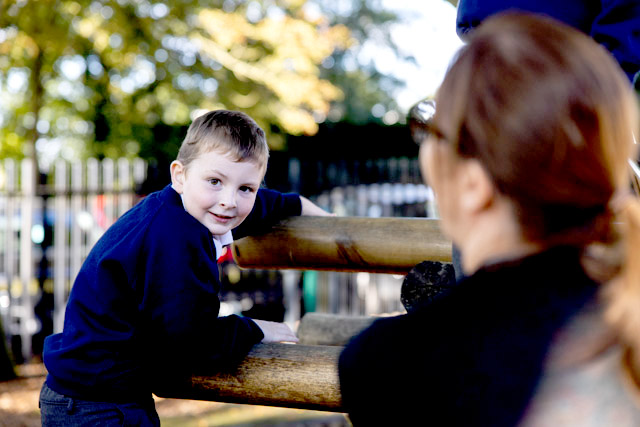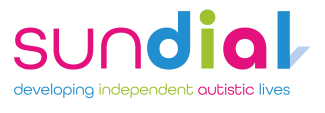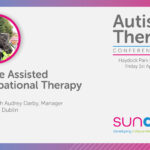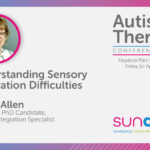
It is extremely important that autistic people are supported regarding their behaviour using a solution-focussed approach and ensuring therapeutic support strategies are in place as required. Positive Behaviour Support starts with a functional assessment of behaviour in order to understand what purpose the behaviour serves.
An ABC model can be used where A is the Antecedents i.e. the triggers or identification of what has happened, in which environment, at what time, who is involved, how the person is feeling and what are they doing? The B stands for Behaviour and the behaviour exhibited is recorded in detail, factually, without interpretation or bias. C stands for Consequences and identifies what happens after behaviour. This information is then analysed to help determine the functional relationship between the behaviour and the communication message.
A positive plan is put in place, which is person centred and involves only positive reinforcement therefore ensuring all involved are in agreement with a consistent approach in place.
Therapists can provide multi -professional in depth functional assessment, specialist support, functional based strategies, additional support in key areas, behaviour interventions and give recommendations regarding communication and predictable environments.
Outcomes and progress is monitored to ensure the effectiveness of PBS.
Cognitive Behaviour Therapy – CBT Adapted and delivered by Speech & Language Therapist
Cognitive Behaviour Therapy (CBT) is one of the most evidence-based; both recognising CBT as an evidence-based practice. CBT is a person centred practice and the theoretical basis provides assurance to the client for the chosen therapy.
CBT can help clients adapt their thinking, face their fears and overcome difficulties with anxiety. Adolescents and young adults with a diagnosis of ASD and associated social, emotional and mental health needs commonly present with anxiety in relation to their differences in the development of social communication skills. This has an impact on fostering and maintaining positive relationships.
Symptoms of low mood, low self-esteem and aggression in relation to their anxiety can be present. Research indicates that mental health outcomes may be the strongest predictors of the level of disability in ASD populations so addressing mental health related needs using CBT is recommended.
Suitable, clinical intervention is modified CBT to suit the communication needs of the individual and is delivered individually or in groups in blocks of 6- 8 sessions.





